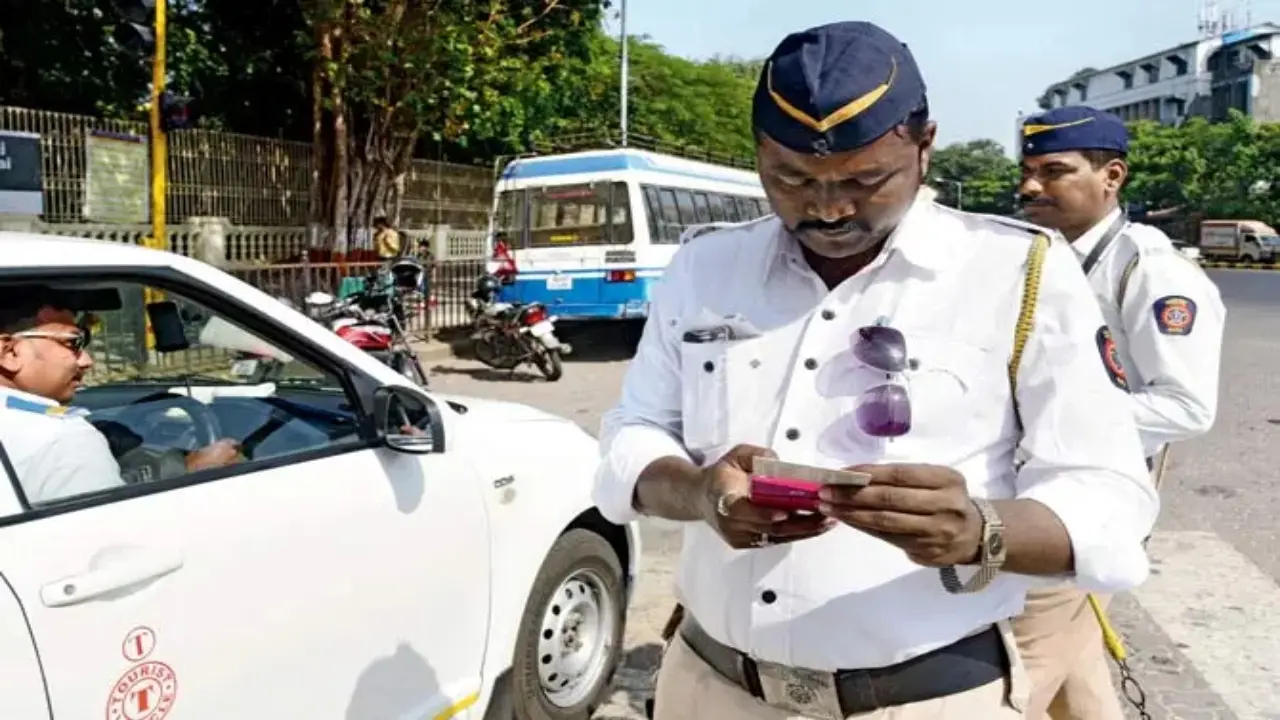Between January 1, 2024, and February 28, 2025, Mumbai Traffic Police received 1,81,613 online complaints against e-challans, of which 1,07,850 were rejected. This means approximately 59 per cent of the complaints were found unfit for relief

An RTI activist had asked the Mumbai Traffic Police for information about the online complaints received against e-challans. Representational pic
The Mumbai Traffic Police has collected a whopping fine of Rs 556.42 crore between January 1, 2024, and February 28, 2025, through the ‘One State One Challan’ digital portal. The information was obtained via a Right to Information (RTI) application filed by activist Anil Galgali.
During this period, the portal received 1,81,613 online complaints against e-challans, of which 1,07,850 were rejected. This means approximately 59 per cent of the complaints were found unfit for relief.
Galgali had asked the Mumbai Traffic Police for information about the online complaints received against e-challans. According to the Mumbai Traffic Police, the portal currently does not provide a breakdown of complaints based on the type of vehicle such as two-wheelers, four-wheelers, goods vehicles, passenger vehicles, etc., making it difficult to analyze action trends across different vehicle categories.
Complaint verification process:
All online complaints are verified at the multimedia cell in the Mumbai Traffic Police’s Headquarters at Worli. The images of the vehicle and the surrounding area submitted are reviewed for evidence. If the evidence is clear, a decision is made based on that. In case the images or evidence are unclear or inconclusive, the complaint is forwarded to the traffic division or police station concerned for further verification. The final decision over upholding or cancelling the e-challan is made after receiving the verification report.
Galgali stated that the e-challan system must be transparent. "Citizens should be given adequate and fair opportunities to explain their side, and each complaint must undergo thorough and objective scrutiny. This is the need of the hour,” he said.
 Subscribe today by clicking the link and stay updated with the latest news!" Click here!
Subscribe today by clicking the link and stay updated with the latest news!" Click here!








